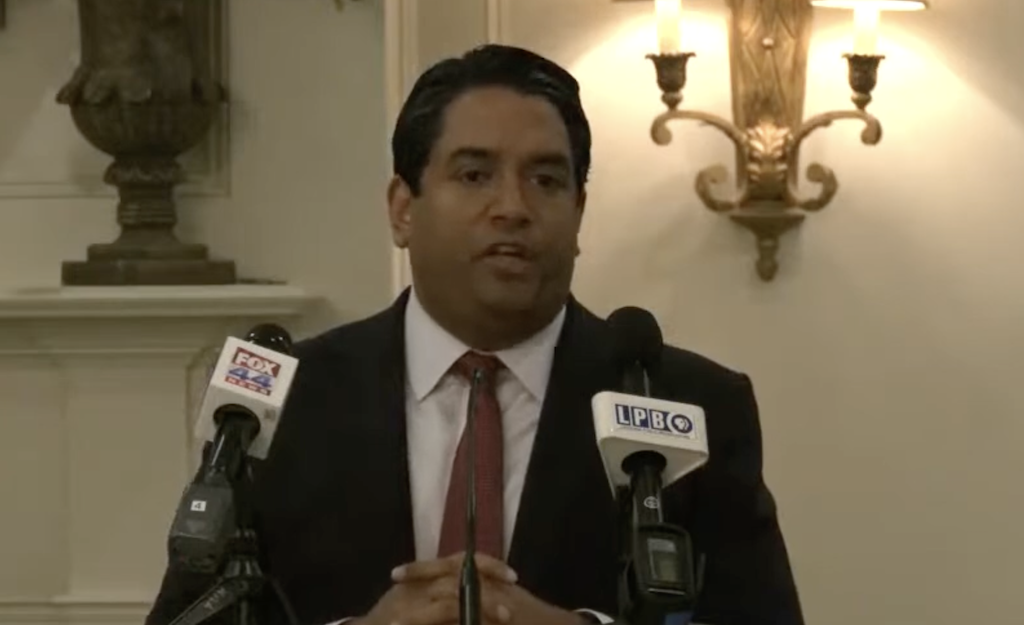Louisiana the First State to Obtain NTIA Approval of Broadband Plan
The state became the first in the nation to receive approval from the NTIA on part one of its BEAD proposal.
Jake Neenan

WASHINGTON, September 22, 2023 – Louisiana on Tuesday was first state to have volume one of its initial broadband grant proposal approved by the National Telecommunications and Information Administration.
States are required to submit in two volumes initial proposals for administering their portion of the $42.5 billion allocated under the NTIA’s Broadband Equity, Access and Deployment program. The two volumes are due December 27.
The first volume is aimed at preparing for the eventual disbursement of funds. It details existing broadband funding programs operating in the state, the types of community anchor institutions within the state, and, crucially, areas in need of internet coverage as shown by the Federal Communications Commission’s broadband map and how the state plans to accept and process challenges to the data in that map.
The FCC is on the third version of the map, updated through its own challenge process. The second version, which updated the provider-reported coverage data after accepting challenges alleging slower on-the-ground internet speeds and other inaccuracies, was used to determine relative need among the states and allocate BEAD funds.
Louisiana will be adopting the model challenge process created by the NTIA. States are not required to use the model process, but the agency encourages them to do so to streamline the drafting and approval processes.
The state is making optional modifications outlined in the model process. It will designate any area served only by DSL – digital subscriber line – technology as “underserved,” and thus eligible for BEAD funded projects, regardless of what speed the provider advertises. The option was included in the model to phase out copper telephone wires in favor of more future-proof broadband technologies like fiber-optic cable.
Louisiana will not accept challenges on the basis of speed, the amount of data a user can download or upload at a time, but will allow subscribers to challenge coverage with speed tests that show excessive latency, or delays in those uploads or downloads. Challenges must be collected and submitted by eligible entities like nonprofits and local governments.
It will also require providers to prove their reported coverage is accurate for an entire building or census block group, rather than on a per-location basis, if enough subscribers there challenge its service.
With volume one of its proposal approved Louisiana can begin administering its challenge process, which it plans to finish in 90 days.









Member discussion